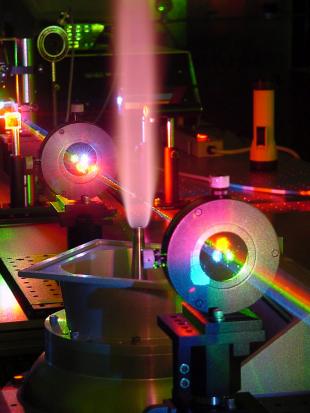Location:
Swann Lecture Theatre, Michael Swann Building, The King's Buildings
Date:
Clean Combustion - is that really a thing?
The earliest cave people harnessed combustion and learned to rely upon it for cooking and heat. It’s a very old tool, handed down to us from the ancient past. These days we rely upon combustion for transportation, electricity, heat, and it powers many industrial processes. Over 86% of the world’s energy use relies upon combustion. We are addicted to it and like many addictions we wish we could be free of it, but we must be careful moving forward.
We face a dilemma. Combustion contributes roughly 80% of the greenhouse gases produced every year. To stop using combustion, however, would produce an economic disaster like no other in history. The world economy remains closely linked to energy use and combustion is our energy source for now, yet we must stop flooding the atmosphere with climate changing gases. In addition, we must also acknowledge that we live in a democracy. Governments cannot simply command citizens to stop using combustion-based energy.
The solutions to this problem will be complex, multifaceted, and they will take time to implement. Some of the recent inaugural lectures have already touched on topics like energy storage (important for intermittent electricity generation like wind), and carbon capture and storage. This presentation will attempt to put internal combustion engines in context; to explain how they fit into the energy scene, where we are in terms of our ability to reduce climate impacts, and what will be required.
Lecture Video
You can watch this video on Media Hopper or YouTube. We also have an audio only MP3 available on Media Hopper.
Further Information
Event Contact Name:
Louise Farquharson



